Overview Flax (Linum usitatissimum) is a food and fiber crop. Flaxseeds are a good source of dietary fiber and omega-3 fatty acids, including alpha-linolenic acid. Flaxseeds also contain phytoestrogens called lignans, which are similar to the hormone estrogen. The fiber in flaxseed is found in the seed coat. When taken before eating, it seems to make people feel less hungry. It might also help limit how much cholesterol the body absorbs from food. Flaxseed is used for constipation, diabetes, high cholesterol, obesity, and swelling of the kidneys in people with lupus. It is also used for many other conditions, but there is no good scientific evidence to support most of these other uses. Flaxseed and flaxseed oil have different effects. For information about the oil, see Flaxseed Oil. Flaxseed is packed with essential nutrients including vitamin E, which not only promotes healthy skin but also acts as a powerful antioxidant, protecting your cells from damage caused by free radicals. Side Effects When taken by mouth: Flaxseed is likely safe for most adults. Adding flaxseed to the diet might increase the number of bowel movements each day. It might also cause side effects such as bloating, gas, stomachache, and nausea. Higher doses are likely to cause more side effects. Taking flaxseed extracts that contain lignans is possibly safe. Flaxseed lignan extracts can be used safely for up to 6 months. Taking raw or unripe flaxseed by mouth is possibly unsafe. It might be poisonous. When applied to the skin: Flaxseed is possibly safe when used in a cloth on the skin. The Spectrum of Pharmaceutical Innovation: A Multidrug Overview In the realm of pharmaceuticals, a diverse array of drugs like Zovirax (an antiviral), Daklinza (for hepatitis C), and Addyi (a treatment for female sexual interest/arousal disorder) showcase the wide-ranging advancements in medical treatments. Antihistamines like Xyzal offer relief from allergy symptoms, while antibiotics such as Amoxil fight bacterial infections. In the field of hair loss and prostate enlargement, drugs like Propecia and Proscar provide targeted solutions. Hormonal therapies are not behind, with Clomid and Nolvadex offering breakthroughs in fertility and cancer treatment, respectively. For sexual health, a range of medications including Priligy, Eriacta, Tadacip, Kamagra, Nizagara, Silagra, and Caverta address issues from erectile dysfunction to premature ejaculation. Synthroid plays a crucial role in managing thyroid disorders, while Cipro is a potent antibiotic for treating various bacterial infections. Lastly, Suhagra represents another option in the ever-expanding field of erectile dysfunction treatment. This tapestry of medications illustrates the breadth and depth of modern pharmacology, addressing a wide spectrum of health concerns and improving the quality of life for many. Interactions Moderate Interaction Be cautious with this combination Medications for diabetes (Antidiabetes drugs) interacts with FLAXSEED Flaxseed might lower blood sugar levels. Taking flaxseed along with diabetes medications might cause blood sugar to drop too low. Monitor your blood sugar closely. Medications that slow blood clotting (Anticoagulant / Antiplatelet drugs) interacts with FLAXSEED Flaxseed might slow blood clotting. Taking flaxseed along with medications that also slow blood clotting might increase the risk of bruising and bleeding. Antibiotic drugs interacts with FLAXSEED Bacteria in the intestine convert some of the chemicals in flaxseed into lignans, which are thought to be responsible for many of the possible benefits of flaxseed. However, because antibiotics kill these bacteria, lignans might not be formed as usual. This might alter the effects of flaxseed. Estrogens interacts with FLAXSEED Flaxseed can act like the female hormone estrogen. It might compete with drugs that contain estrogen. Flaxseed might make these estrogen-containing drugs less effective. Medications for high blood pressure (Antihypertensive drugs) interacts with FLAXSEED Flaxseed might lower blood pressure. Taking flaxseed along with medications that lower blood pressure might cause blood pressure to go too low. Monitor your blood pressure closely. Special Precautionsand Warnings When taken by mouth: Flaxseed is likely safe for most adults. Adding flaxseed to the diet might increase the number of bowel movements each day. It might also cause side effects such as bloating, gas, stomachache, and nausea. Higher doses are likely to cause more side effects. Taking flaxseed extracts that contain lignans is possibly safe. Flaxseed lignan extracts can be used safely for up to 6 months. Taking raw or unripe flaxseed by mouth is possibly unsafe. It might be poisonous. When applied to the skin: Flaxseed is possibly safe when used in a cloth on the skin. Pregnancy: Taking flaxseed by mouth during pregnancy is possibly unsafe. Flaxseed can act like the hormone estrogen. Some healthcare providers worry that this might harm the pregnancy. But there is no reliable clinical evidence about its effects on pregnancy. Until more is known, stay on the safe side and avoid use. Breast-feeding: There isn?t enough reliable information to know if flaxseed is safe to use when breast-feeding. Stay on the safe side and avoid use. Hormone-sensitive cancers or conditions: Because flaxseed might act somewhat like the hormone estrogen, it might make hormone-sensitive conditions worse. Some of these conditions include breast and ovarian cancer. Until more is known, avoid taking large amounts of flaxseed if you have one of these conditions. High triglyceride levels (hypertriglyceridemia): Partially defatted flaxseed, which contains less alpha linolenic acid content, might increase triglyceride levels. If your triglyceride levels are too high, don?t take this type of flaxseed. Surgery: Flaxseed might increase the risk of bleeding during and after surgery. Stop using it at least 2 weeks before a scheduled surgery. Dosing Flaxseed has most often been used by adults in doses of 20-30 grams by mouth daily. Flaxseed is often mixed with foods and used in baked goods, such as muffins, breads, and snack bars. Speak with a healthcare provider to find out what type of product and dose might be best for a specific condition.
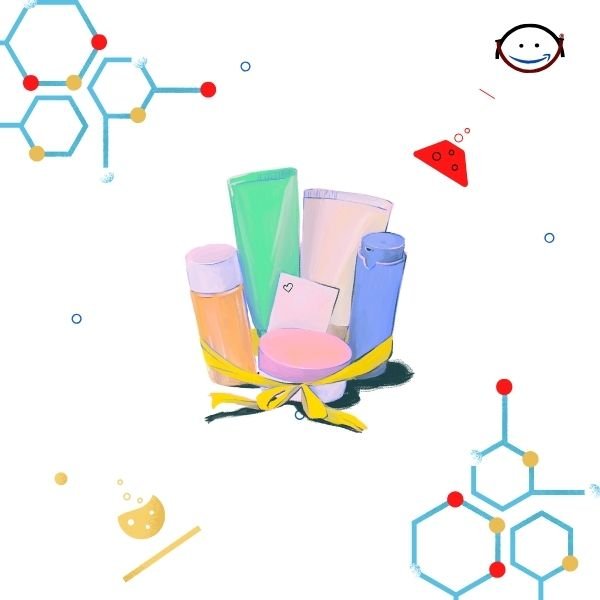


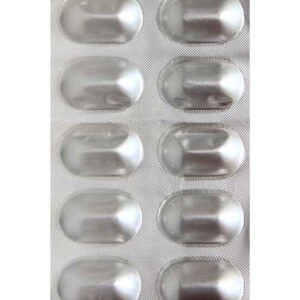
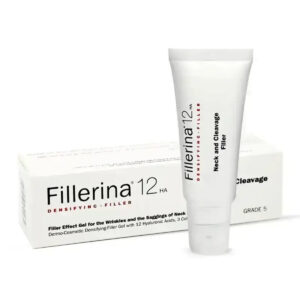
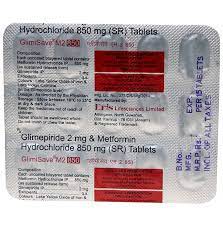

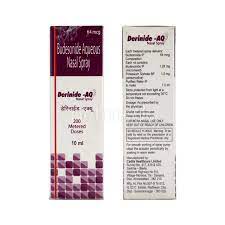

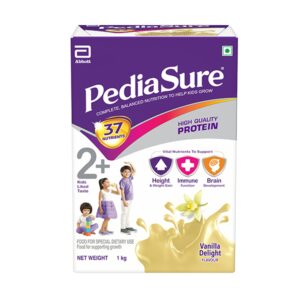

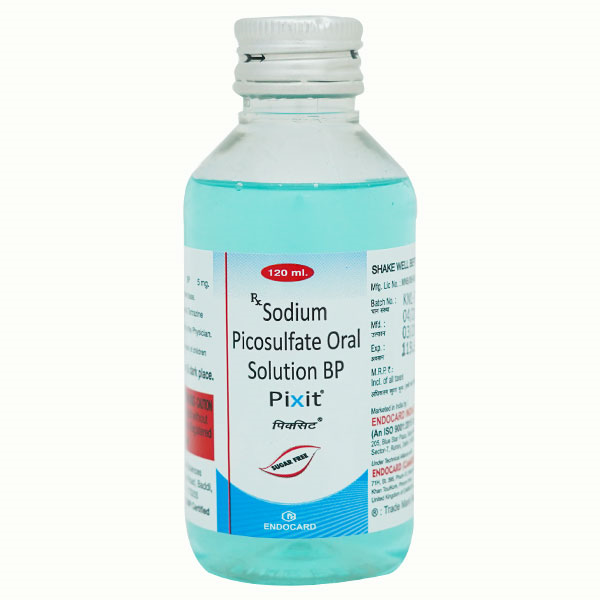

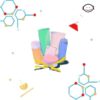
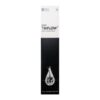

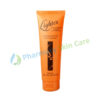
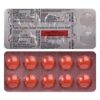



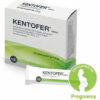
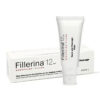
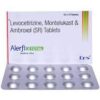
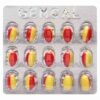
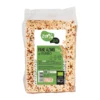
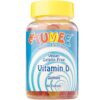
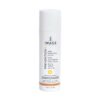
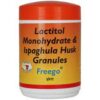

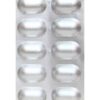
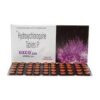

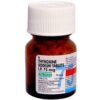
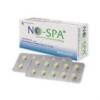


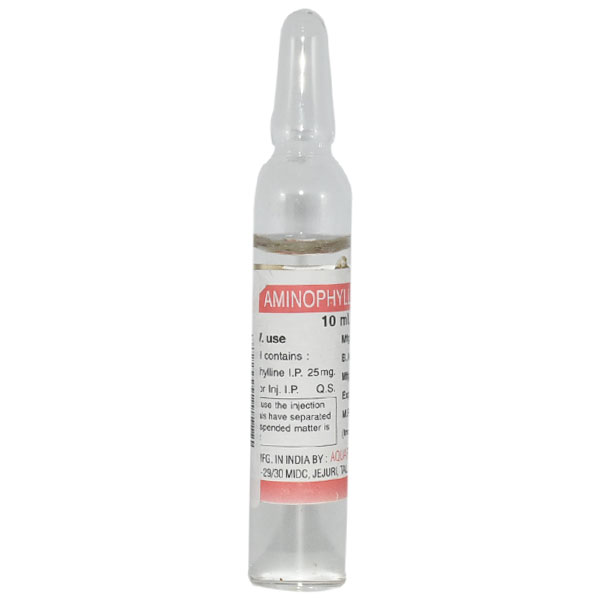
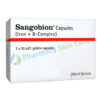
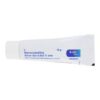
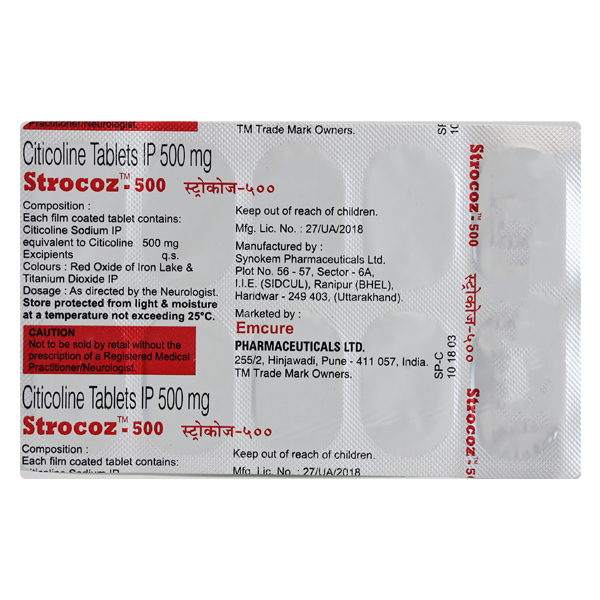
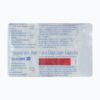
Reviews
There are no reviews yet.